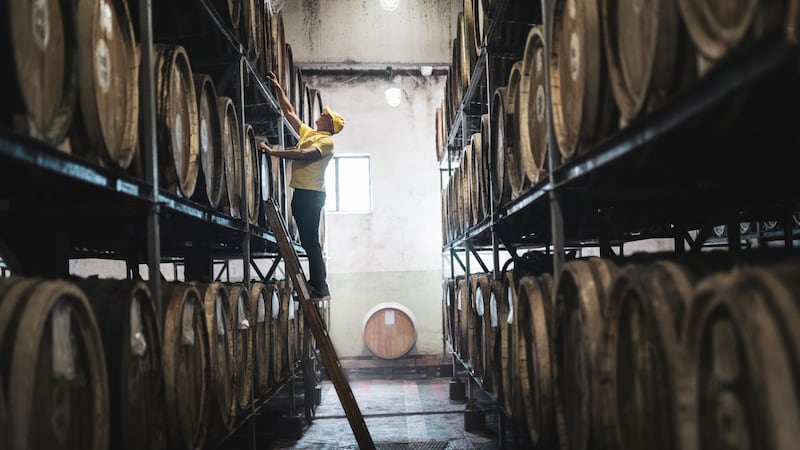Profit before tax at Marks and Spencer (M&S) plummeted 62.1 per cent to £66.8 million last year from £176.4 million the year before, the company's full year results show.
M&S is one of the UK’s leading retailers, offering own-brand food, clothing and home products in its 1,433 stores worldwide and online. Ahead of the results published on Wednesday, the company said it plans to close more than 100 stories in the UK by 2022.
Its full year results for the year ended March 31st, 2018, group revenue was up marginally to £10.7 billion, but profit after tax fell 74.8 per cent to £29.1 million from £115.7million.
Profit before tax and adjusting items was down 5.4 per cent to £580.9 million from £613.8 million the year before. Free cashflow before adjusting items was down 12.6 per cent to £582.4 million from £666.3 million.
M&S chief executive Steve Rowe said there was need for "accelerated change" at the retailer.
“The first phase of our transformation plan, restoring the basics, is now well under way and the actions taken have increased the velocity of change running through our business,” he said.
“These changes come with short term costs which are reflected in today’s results. There are a number of structural issues to address and we are taking steps towards fixing these.
“The new organisation will largely be in place by July and the team is now tackling transforming our culture to make M&S a faster, lower cost, more commercial, more digital business.
“This is vital as we start to leverage the strength of the M&S brand and values across a family of businesses to deliver sustainable, profitable growth in three to five years.”
In notes attached to its results, the company said the “continued migration” of clothing and home products online; the development of global competition; the growth of home delivery in food; and “the march of the discounters” all amounted to threats to its business.
“These, together with a challenging UK consumer market, mean that we have to modernise our business to ensure we are competitive and reignite our culture,” it said. “Accelerated change is the only option.
“Changes in the high street and migration online mean that we have to be decisive with our store estate, renewing and closing stores more quickly.
“Our supply chains in both clothing and home and in food require significant upgrades, so that we can be faster to market, reduce high stock levels in clothing, and improve availability and waste in food.”
It said online sales were growing, but that its online capability was “behind the best of our competitors and our website is too slow”.
“Our fulfilment centre at Castle Donington has struggled to cope with peak demand and some of our systems are dated,” it said. “In both businesses we need to revitalise our ranges and reassert our reputation for value for money.”
The company is seeking to reduce costs by at least £350 million, although its dividend will be maintained at its current level.

















